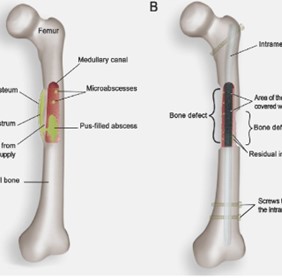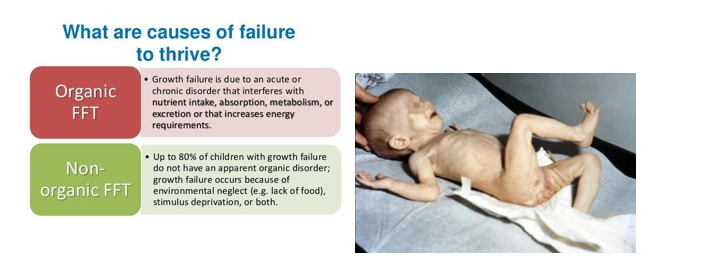The nurse is providing teaching to a school-age child with left femoral osteomyelitis and the child's parent prior to discharge.
Which instruction should the nurse provide related to the initial phase of treatment?
Administer topical antibiotic therapy daily.
Provide passive range of motion exercises.
Ensure no weight bearing on the affected extremity.
Schedule ice pack applications to the infected area.
The Correct Answer is C
During the initial phase of treatment for osteomyelitis, the nurse should instruct the child and parent to ensure that there is no weight bearing on the affected extremity. This may require the use of assistive devices such as crutches or a wheelchair. Administering topical antibiotic therapy, providing passive range of motion exercises, and scheduling ice pack applications to the infected area are not appropriate interventions during the initial phase of treatment.
Topical antibiotics may be used later in the course of treatment, after the initial phase of intravenous antibiotics has been completed.
Passive range of motion exercises may be appropriate during the later phases of treatment to prevent joint contractures.
Ice pack applications may be appropriate for pain relief, but they are not a primary intervention for osteomyelitis.

Nursing Test Bank
Naxlex Comprehensive Predictor Exams
Related Questions
Correct Answer is B
Explanation
The adolescent's symptoms suggest that their blood glucose levels may be very high. Obtaining a point-of- care glucose reading is the first step in assessing the adolescent's current blood glucose levels and determining the appropriate course of action.
Reviewing prior insulin prescriptions, assessing urine for ketones, and checking blood pressure are also important interventions but should occur after the blood glucose level has been determined.
Correct Answer is C
Explanation
The nurse should recognize that the statement "high-calorie formula encourages increased growth" is an appropriate understanding of interventions for an infant with FTT. High-calorie formula can help infants who are not gaining weight adequately to increase their calorie intake and promote growth.
Breast milk provides adequate nutrition for most infants, but in cases of FTT, the infant may require a higher calorie intake than breast milk can provide. Regular syringe feedings and fruit juice are not recommended interventions for FTT. Syringe feedings can cause aspiration and fruit juice does not provide the appropriate balance of nutrients needed for an infant's growth and development.

Whether you are a student looking to ace your exams or a practicing nurse seeking to enhance your expertise , our nursing education contents will empower you with the confidence and competence to make a difference in the lives of patients and become a respected leader in the healthcare field.
Visit Naxlex, invest in your future and unlock endless possibilities with our unparalleled nursing education contents today
Report Wrong Answer on the Current Question
Do you disagree with the answer? If yes, what is your expected answer? Explain.
Kindly be descriptive with the issue you are facing.
